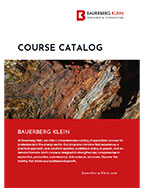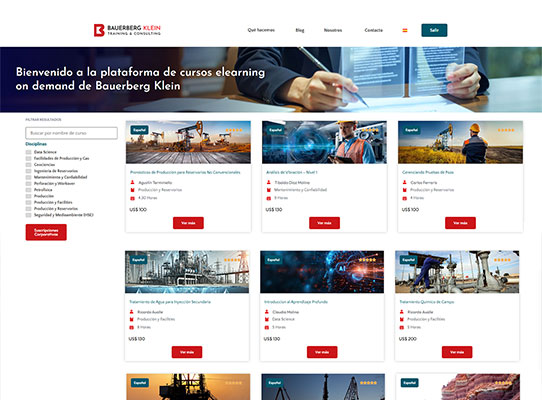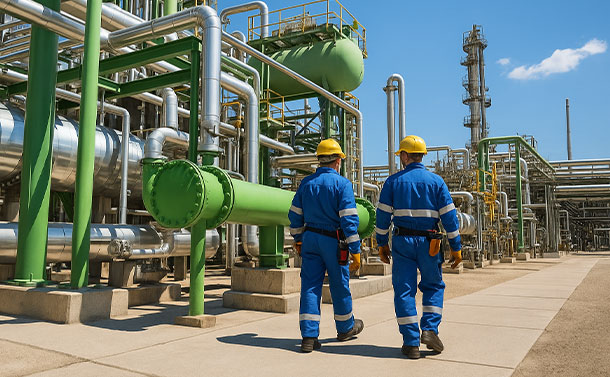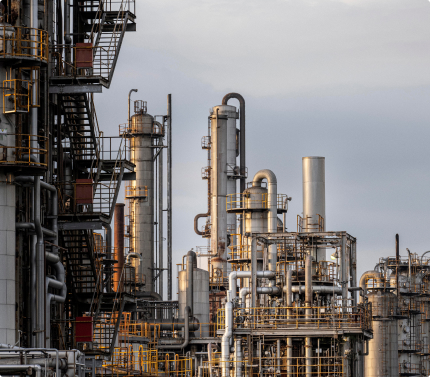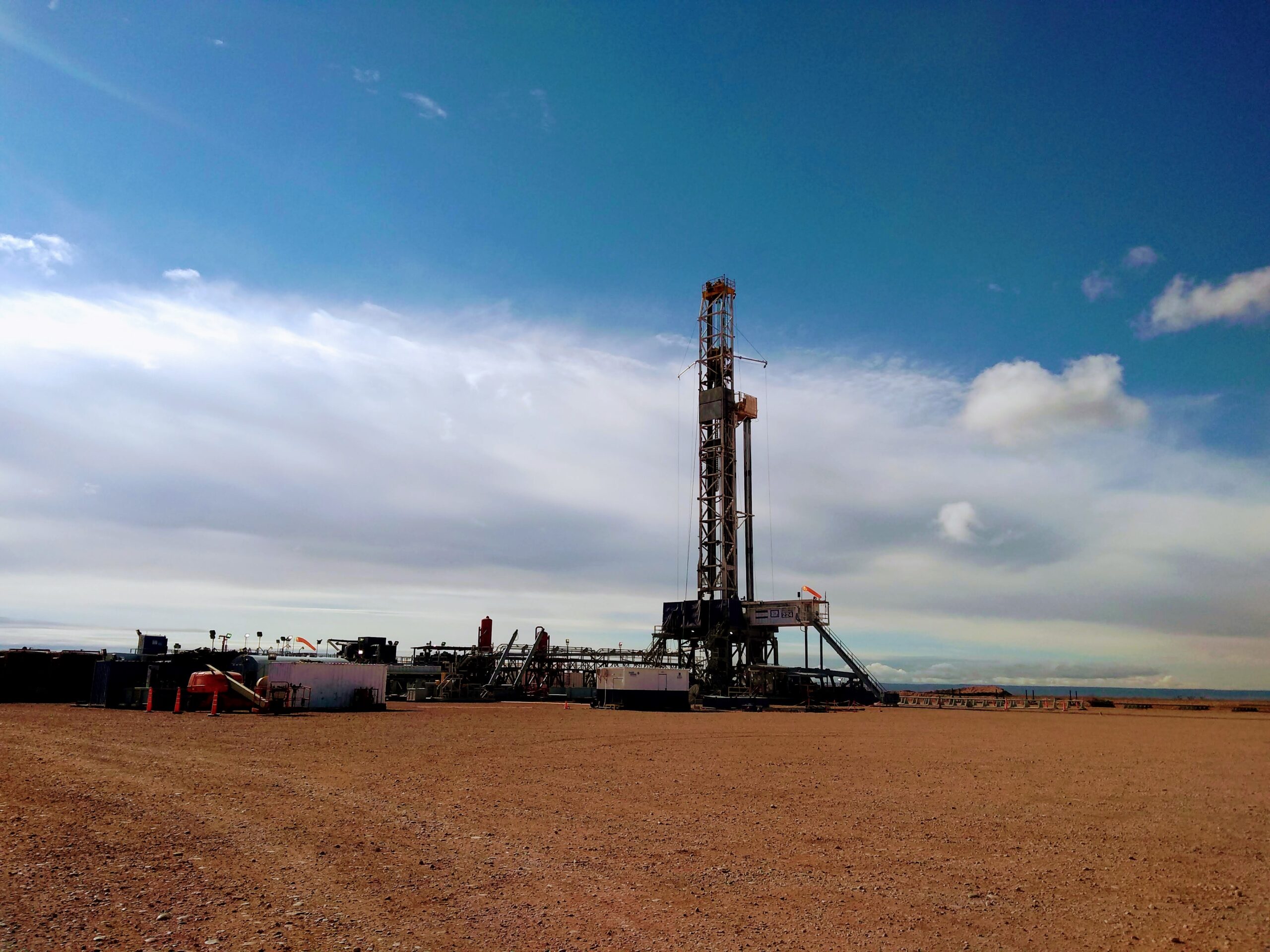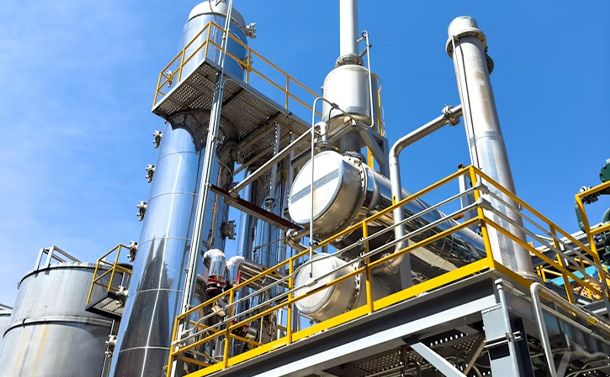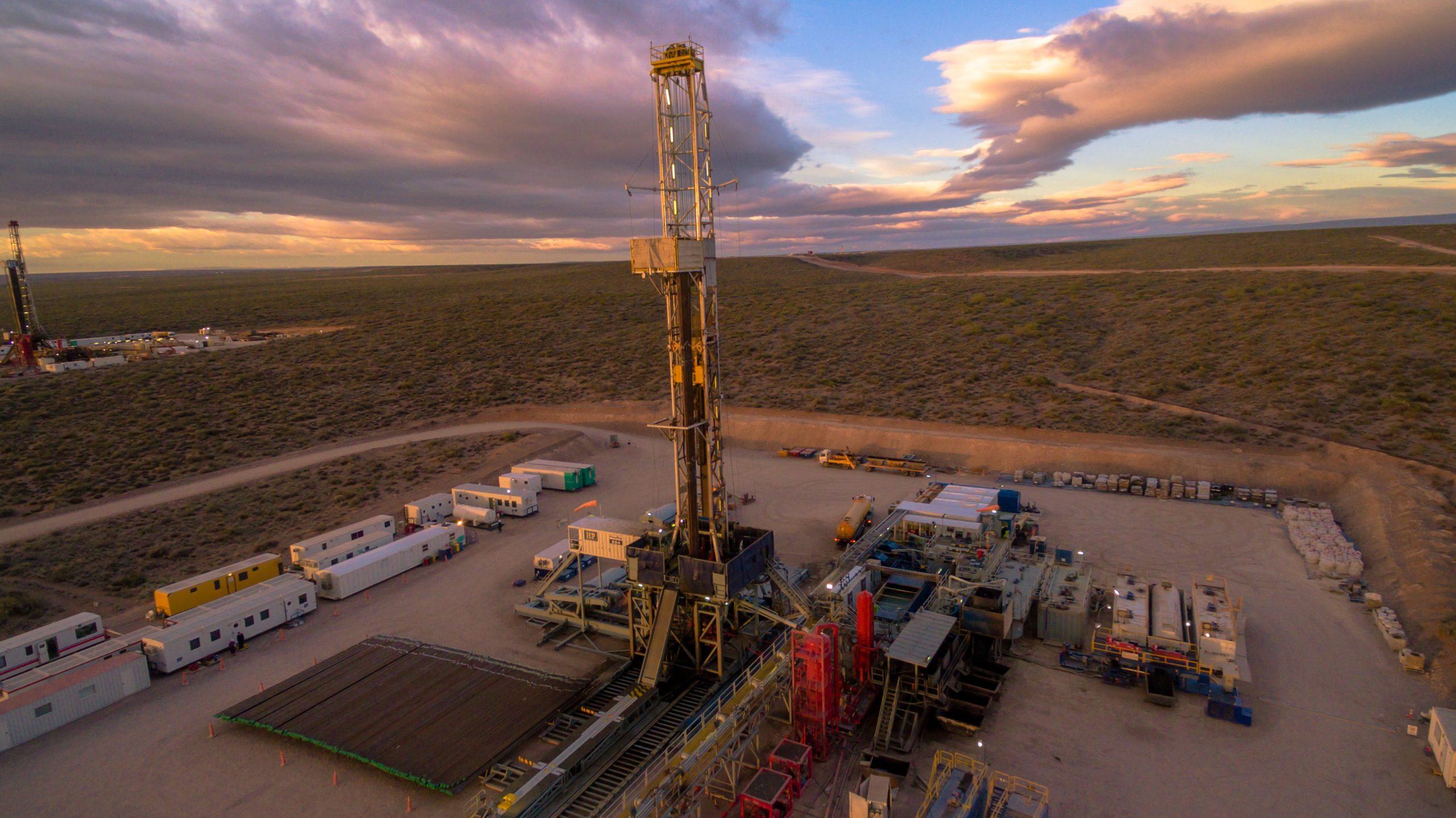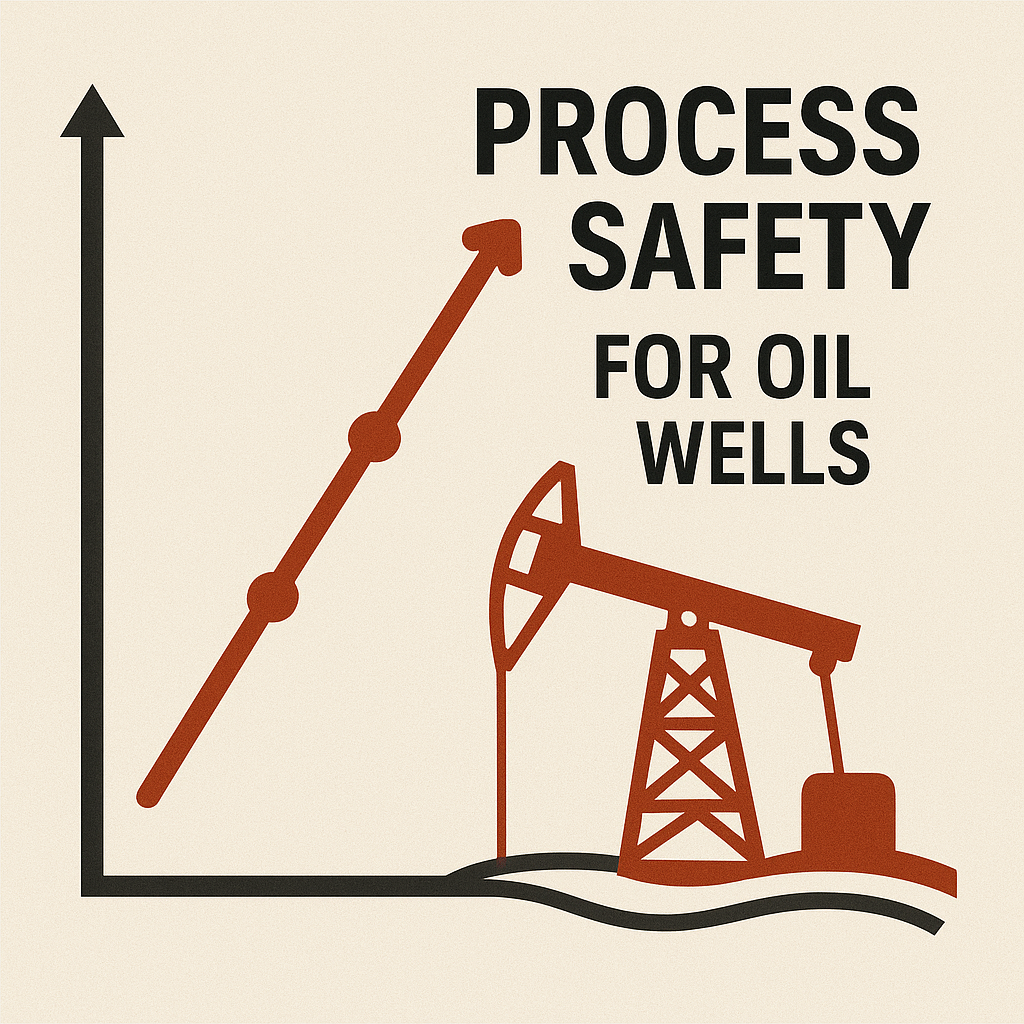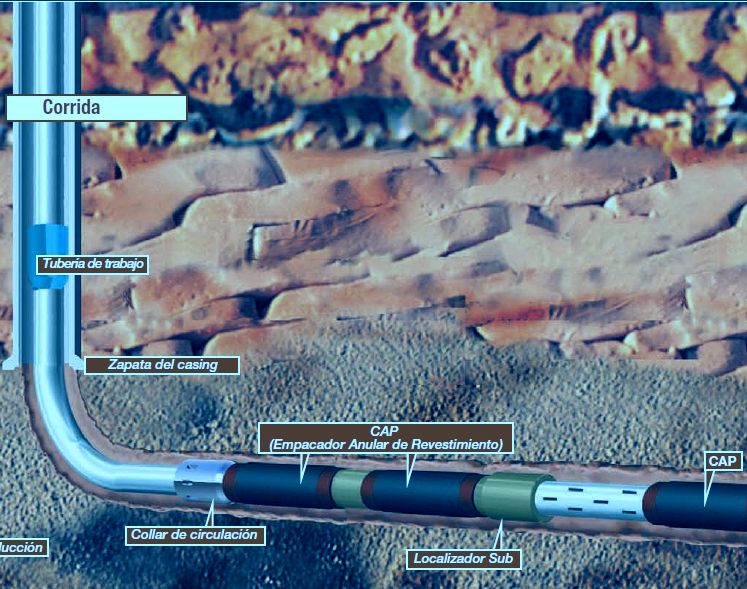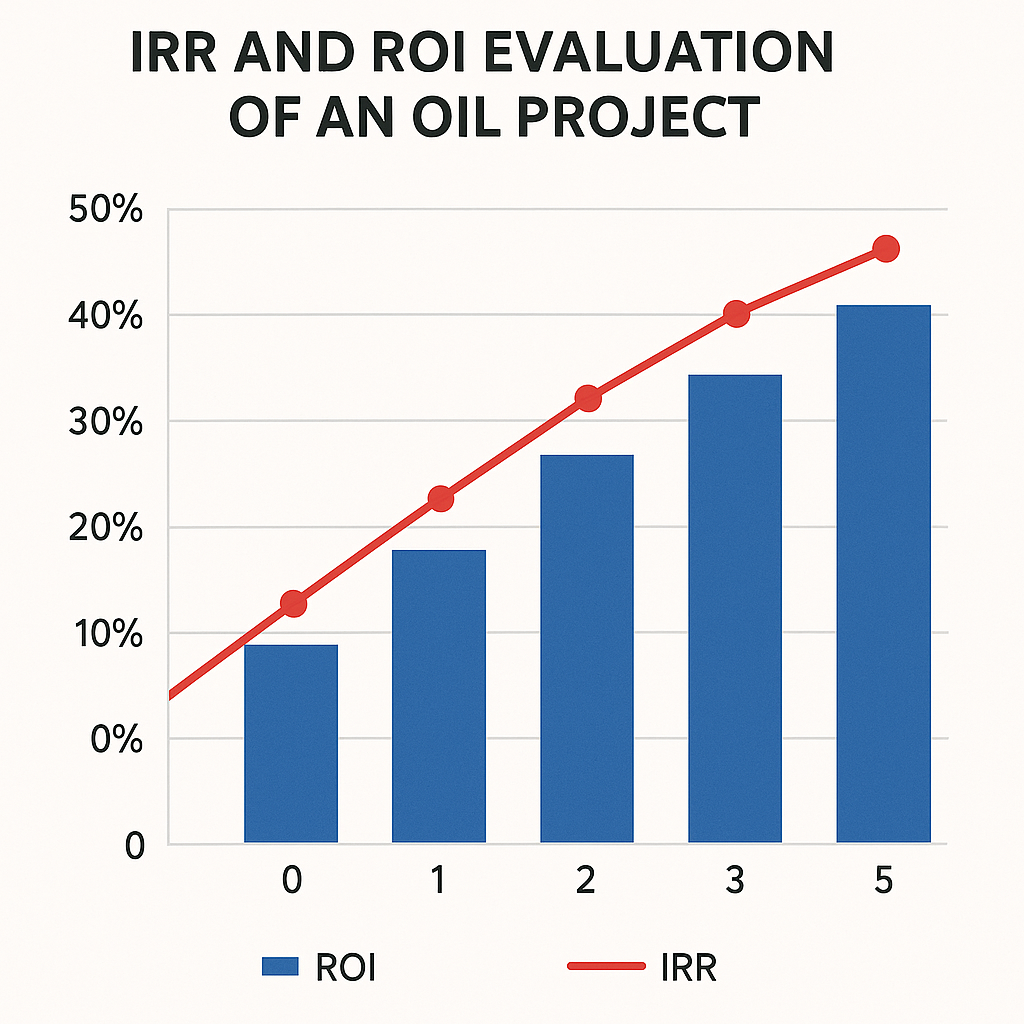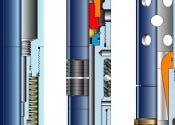Objectives:
This course provides petroleum engineers, geoscientists, and energy professionals with a comprehensive understanding of unconventional reservoirs, including shale, tight gas, and coalbed methane formations. Participants will learn key engineering principles, reservoir characterization techniques, and production strategies to optimize hydrocarbon recovery from these challenging formations.
Audience:
Petroleum engineers. Reservoir engineers. Production engineers. Geoscientists. Energy professionals interested in unconventional resources. Graduate students in petroleum engineering
Metodology:
The course is delivered through live online sessions combining theoretical instruction with real-world case studies. It includes expert-led presentations, interactive discussions, and practical problem-solving exercises. Participants are encouraged to engage in Q&A and apply learned concepts to realistic scenarios, ensuring a solid grasp of both fundamentals and current industry practices.
Scope:
This course offers a comprehensive overview of the key engineering concepts and challenges associated with unconventional reservoirs, including shale gas, tight oil, and coalbed methane. Participants will gain insights into reservoir characterization, production mechanisms, and the design of stimulation treatments specific to low-permeability formations. The course also covers the integration of geoscience and engineering data for effective field development planning.
Content:
Module 1: Introduction to Unconventional Reservoirs (2 Hours)
- Definition and classification of unconventional reservoirs
- Comparison with conventional reservoirs
- Global trends and economic significance
Module 2: Petrophysics and Reservoir Characterization (3 Hours)
- Rock and fluid properties of unconventional reservoirs
- Pore structure and permeability challenges
- Geomechanics and its impact on production
Module 3: Flow Mechanisms and Reservoir Behavior (3 Hours)
- Fluid flow in tight and nanoporous media
- Single-phase vs. multi-phase flow considerations
- Transient and boundary-dominated flow regimes
Module 4: Hydraulic Fracturing and Well Stimulation (3 Hours)
- Principles of hydraulic fracturing
- Fracture propagation modeling
- Well spacing and interference effects
Module 5: Decline Curve Analysis and Production Forecasting (3 Hours)
- Common production decline models
- EUR estimation techniques
- Challenges in forecasting unconventional reservoirs
Module 6: Reservoir Simulation and Modeling (3 Hours)
- Numerical models for unconventional reservoirs
- History matching and uncertainty analysis
- Case studies in simulation applications
Module 7: Economic and Environmental Considerations (2 Hours)
- Cost analysis and project feasibility
- Environmental impacts and regulatory frameworks
- Future trends in unconventional resource development

